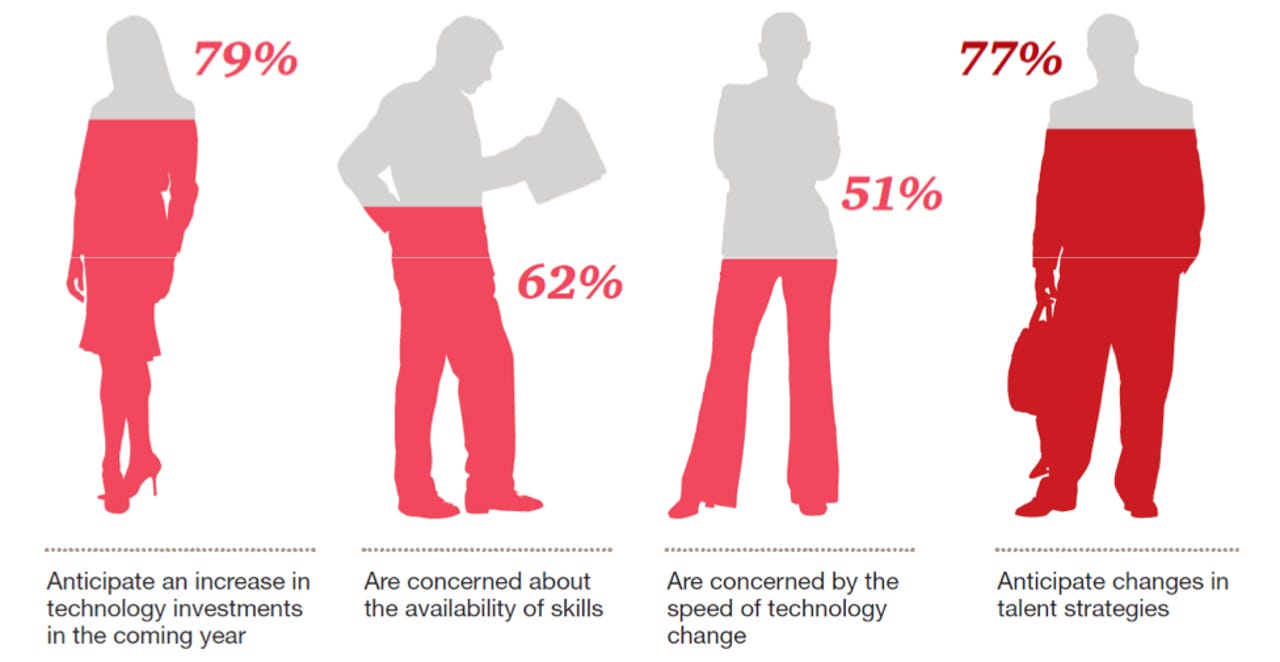Health IT worker shortage will stunt sector growth, study says


A "significant" and "growing" shortage of health information technology workers has led businesses to recruit technologists from other industries to meet their needs, according to a new report.
A new study from PricewaterhouseCooper's Health Research Institute notes that the healthcare industry is competing for a limited number of IT professionals as its interest in investing in the area grows.
According to the survey, almost 80 percent of global healthcare CEOs expect to increase technology investments in 2013.
Seventy-seven percent say they are revisiting their hiring and promotion strategies to address deficiencies in their IT organizations. Still, 51 percent fear their staff "cannot keep up with the pace of technological change."
Fun!
There are a number of cross-currents influencing the above sentiment.
There's the aforementioned competition for HIT professionals, for one; it's not easy to find people who can balance the interests of providers, insurers, pharmaceutical companies and medical device makers as organizations move to an integrated health system.
There is also a basic fear of change. Executives see the shift coming, but they're concerned at their organization's ability to react fast enough.
There are also new regulatory requirements to consider (e.g. electronic medical records), as well as the more general business model shift from volume to value.
Seventy-five percent of providers surveyed said they are hiring new employees to support their IT priorities. The key phrase here? "Clinical informaticists" -- that is, specialists who turn data into insights used to improve care delivery.
It's a data scientist in scrubs, basically. (I need analytics, stat!)
The "integration" factor is important. More than half of insurers surveyed said they acquired another organization in the past 12 months, setting themselves up for systems integration. And several organizations are collaborating with others to achieve cost savings or better results; this, too, requires a holistic approach.
"The lack of qualified professionals could slow progress toward quality and efficiency," PwC's Daniel Garrett said. "The benefits of HIT will not be realized until organizations can ensure information is unlocked and integrated in a way to best inform critical business and clinical decision-making."